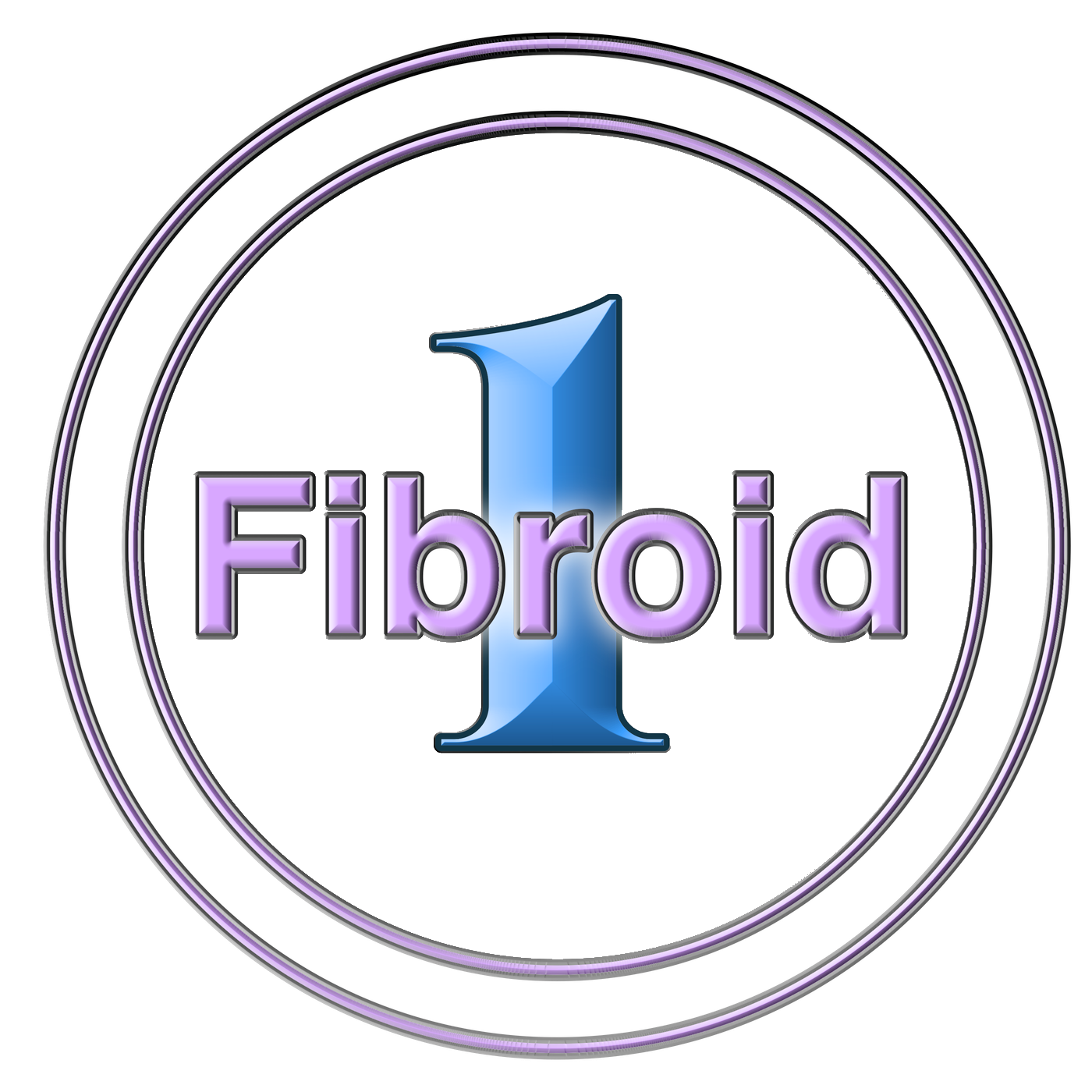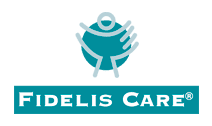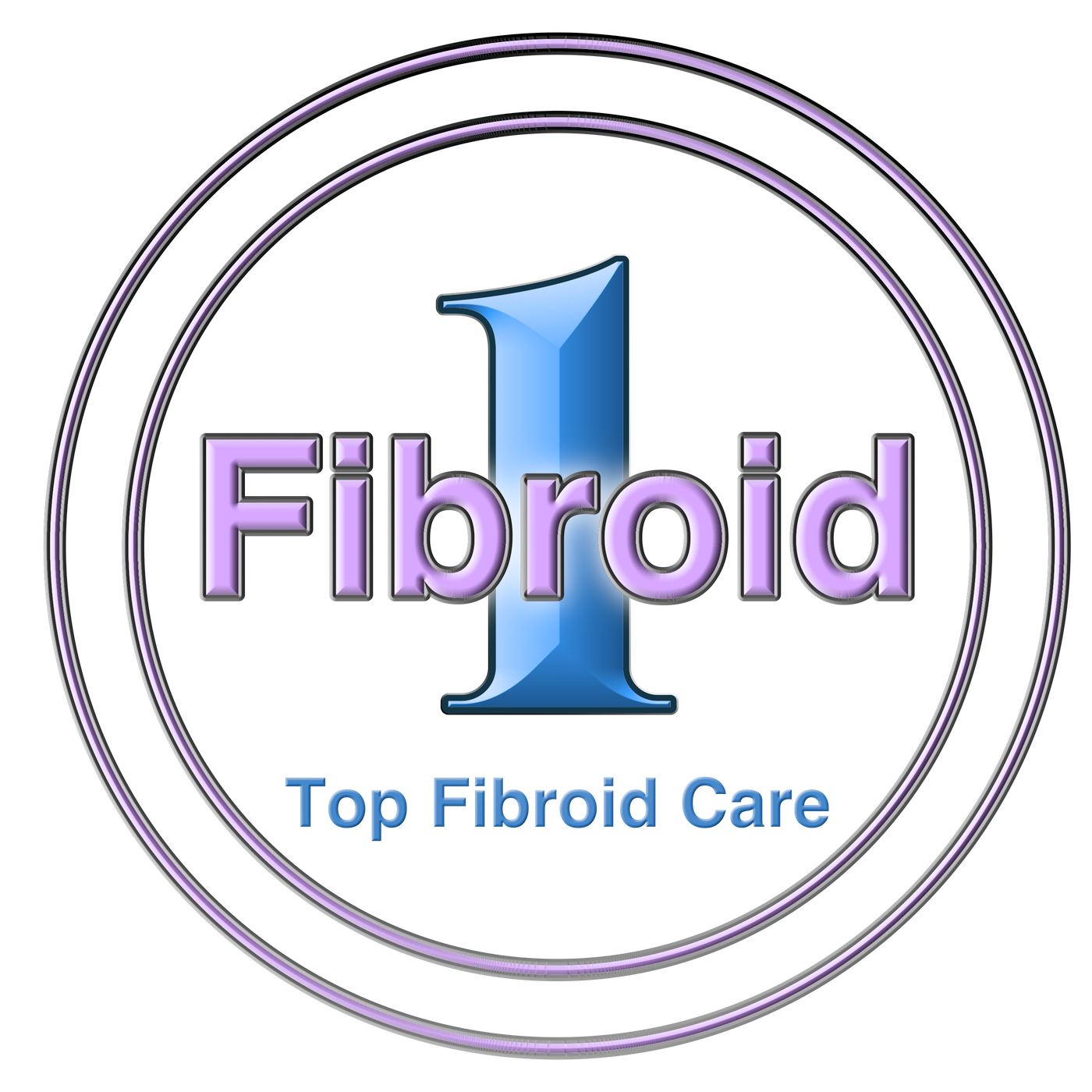Uterine fibroids are non-cancerous growths that develop in the uterus. They can cause a variety of symptoms, such as heavy menstrual bleeding, pelvic pain, and infertility. While conventional treatments, such as surgery and medications, can be effective, they come with their own risks and side effects. That’s why many women seek natural remedies for uterine fibroids. In this article, we’ll explore some of the most popular and effective natural remedies for uterine fibroids.
Causes and Symptoms of Uterine Fibroids
Before delving into natural remedies for uterine fibroids, it’s important to understand the causes and symptoms of this condition. Uterine fibroids can be caused by a variety of factors, such as genetics, hormonal imbalances, and lifestyle habits. Common symptoms of uterine fibroids include heavy menstrual bleeding, prolonged menstrual periods, pelvic pain, constipation, frequent urination, and infertility. However, the symptoms of fibroids can vary depending on their type, location, and size.
Natural Remedies for Uterine Fibroids
Since, the severity of fibroid symptoms can vary depending on their type, location, and size, this means that natural remedies may not always be an effective way to manage symptoms. It is also important to note that herbal supplements are not regulated by the Food and Drug Administration (FDA), and some herbal supplements can interact with prescription medications. For these reasons, it is recommended to talk with your doctor before starting any type of natural treatment for fibroids. With that being said, here are some natural remedies for uterine fibroids:

- Dietary changes and lifestyle modifications: One of the most effective ways to manage uterine fibroids is through dietary changes and lifestyle modifications. Women with uterine fibroids should avoid foods that are high in sugar, saturated fat, and caffeine. Instead, they should focus on consuming a diet rich in fruits, vegetables, whole grains, and lean proteins. Exercise and stress management can also help reduce the symptoms of uterine fibroids.
- Herbal Remedies: There are several herbs that may help in managing uterine fibroids. Chasteberry, also known as vitex, has been said to help with heavy menstrual bleeding, painful periods, and other fibroid symptoms. Green tea also contains a bioflavonoid that can reduce inflammation, as well as possibly reduce the size and number of fibroids.
- Supplements: There are several supplements that can help manage the symptoms of uterine fibroids. Vitamin D, magnesium, vitamin E, vitamin B1 & B6, and omega-3 fatty acids are all believed to be effective in reducing the menstrual pain, bloating, and cramping associated with uterine fibroids. Additionally, getting enough vitamin D and vitamin A can decrease the risk of developing fibroids.
- Castor oil is a natural remedy that is sometimes used in the treatment of uterine fibroids. It is believed that castor oil has anti-inflammatory and analgesic properties, which may help to reduce the size of fibroids and relieve symptoms such as pain and heavy bleeding. Castor oil packs are the most common method of using castor oil for uterine fibroids. To make a castor oil pack, a clean cloth is soaked in warm castor oil and applied to the lower abdomen, covering the area where the uterus is located. The cloth is then covered with plastic wrap and a heating pad is placed on top to keep the pack warm. The pack is left in place for about an hour, and the procedure can be repeated several times per week. It is important to note that there is limited scientific evidence supporting the effectiveness of castor oil for uterine fibroids. Women considering using castor oil for this purpose should consult with a healthcare professional to determine if it is safe and appropriate for their individual case. Additionally, it is important to use high-quality castor oil and to ensure that the pack is applied properly to avoid skin irritation or other adverse effects.
Traditional Treatments for Uterine Fibroids
Since natural remedies are not always effective at managing uterine fibroid symptoms, there are other treatment options that can be considered. There are several treatment options available for uterine fibroids, ranging from medication to surgery. The appropriate treatment for each woman depends on factors such as the size, number, and location of the fibroids, as well as the severity of the symptoms and the woman’s age and desire to preserve fertility.
Watchful Waiting
For women with small or asymptomatic fibroids, watchful waiting may be recommended. This involves monitoring the fibroids regularly to ensure they are not growing or causing any symptoms.
Medications
Several medications can be prescribed to manage the symptoms of uterine fibroids. These include:
- Nonsteroidal anti-inflammatory drugs (NSAIDs) to reduce pain and cramping
- Hormonal contraceptives such as birth control pills, patches, and intrauterine devices (IUDs) to regulate menstrual bleeding and reduce pain
- Gonadotropin-releasing hormone (GnRH) agonists to shrink the fibroids by suppressing estrogen production
Uterine Fibroid Embolization (UFE)
Uterine Fibroid Embolization (UFE) is a minimally invasive procedure that is often recommended for women with uterine fibroids. UFE involves blocking the blood vessels that supply the fibroids with blood, which causes the fibroids to shrink and die over time. This procedure is effective in reducing the size of fibroids and relieving symptoms such as heavy menstrual bleeding and pelvic pain. UFE is a good option for women who want to avoid surgery and preserve their fertility, as it does not involve removing the uterus. Additionally, UFE has a shorter recovery time and fewer risks compared to surgical procedures such as myomectomy or hysterectomy. Women considering UFE should discuss the risks and benefits of the procedure with a healthcare professional to determine if it is the most appropriate treatment for their individual case.
Myomectomy
Myomectomy is a surgical procedure that involves removing the fibroids while leaving the uterus intact. This is a good option for women who want to preserve their fertility.
Hysterectomy
Hysterectomy is a surgical procedure that involves removing the uterus entirely. This is a good option for women who do not want to preserve their fertility and have severe symptoms or large fibroids.
It’s important to discuss the risks and benefits of each treatment option with a healthcare professional to determine the most appropriate treatment for each woman’s unique situation.
In Conclusion
Uterine fibroids can be a challenging condition to manage, but natural remedies can be an effective alternative to conventional treatments. By making dietary and lifestyle changes, using herbs and essential oils, trying acupuncture, taking supplements, and exploring other natural remedies, women can reduce the symptoms of uterine fibroids and improve their overall health and well-being. It’s important to remember to always consult with a healthcare professional before trying any new natural remedy.












